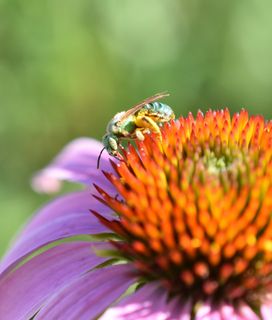LIVING
NURTURE THE ENVIRONMENT THAT CONNECTS US ALL
BE KIND TO POLLINATORS & THE PLANET WE SHARE
A Beesponsible lifestyle isn't just bee-friendly. It's earth-friendly, too. This approach to living not only helps our pollinating friends, but also sustains our communities and local economies, promotes public and personal health and, of course, nurtures the environment that connects us all.
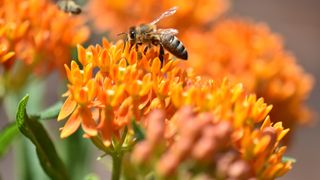
START WITH THE BEESPONSIBLE BASICS
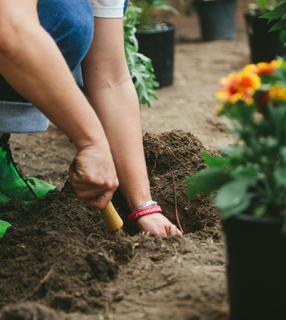
BE A BEE ADVOCATE
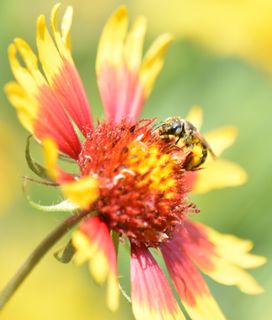
EAT WITH A CONSCIENCE
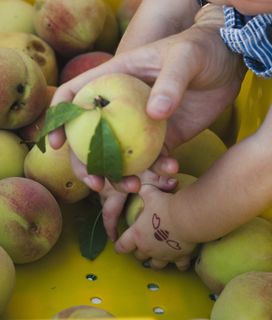
LIVE GREENER
